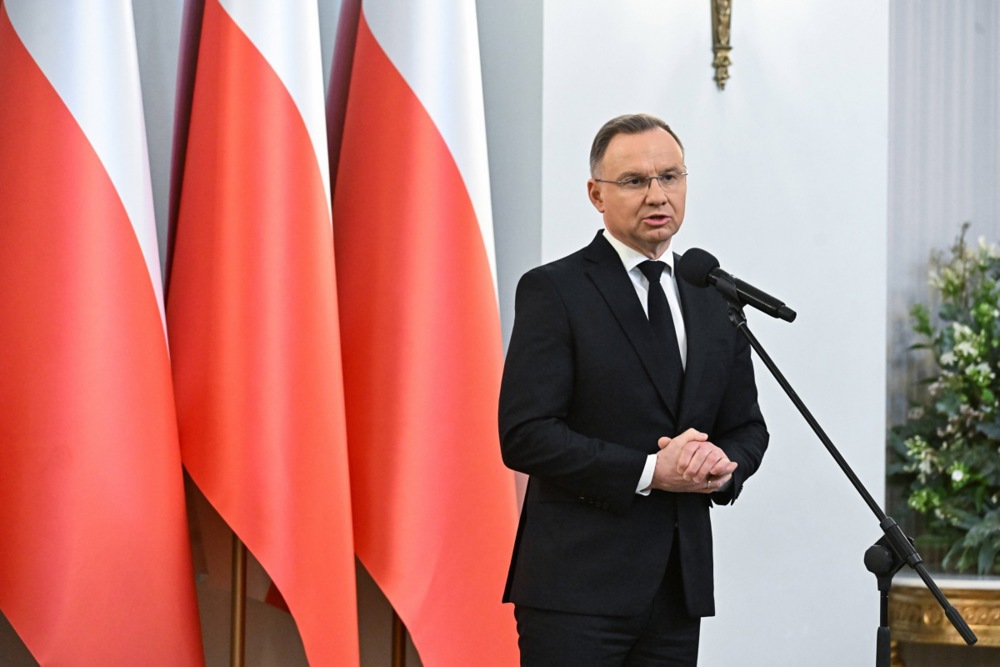Poland’s pro-European Union government won a confidence vote in parliament on June 11, securing its hold on power.
Prime Minister Donald Tusk’s coalition received the backing of 243 lawmakers in the 460-seat parliament, surpassing the simple majority required to continue governing.
Tusk called the vote to reaffirm his government’s majority after the recent presidential election, which saw nationalist candidate Karol Nawrocki win.
Following the vote, critics said that the government could become fatally weakened, leading to early elections.
“I am asking for a vote of confidence because I have conviction, faith and confidence that we have a mandate to govern,” Tusk said at the parliament session.
He said the government faced “very hard, serious work in conditions that will not change for the better”.
Tusk came to power in 2023 as head of a coalition between his centrist Civic Platform, Poland 2050, the Polish People’s Party (PSL) and New Left.
New parliamentary elections are not scheduled until 2027.
Polish presidents have some influence over foreign and defence policy but their key power is being able to veto legislation passed by parliament.
This will likely hamper reform efforts by Tusk’s government, such as the planned introduction of same-sex partnerships or easing a near-total ban on abortion.
Internationally, it could also make ties with Brussels difficult, particularly over rule of law issues, as Nawrocki supports the controversial judicial reforms put in place by the previous PiS government.
Ties with Ukraine could become more tense as Nawrocki opposes Kyiv’s membership of NATO and has been critical of the support for Ukrainian refugees in Poland.
Nawrocki is expected to begin his five-year mandate formally on August 6, once the courts validate the result.
The election commission has found evidence of counting errors in favour of Nawrocki in some districts.
Tusk on June 11 spoke of “possible abuses or falsifications in the election” but said the government “will certainly respect the result”.





